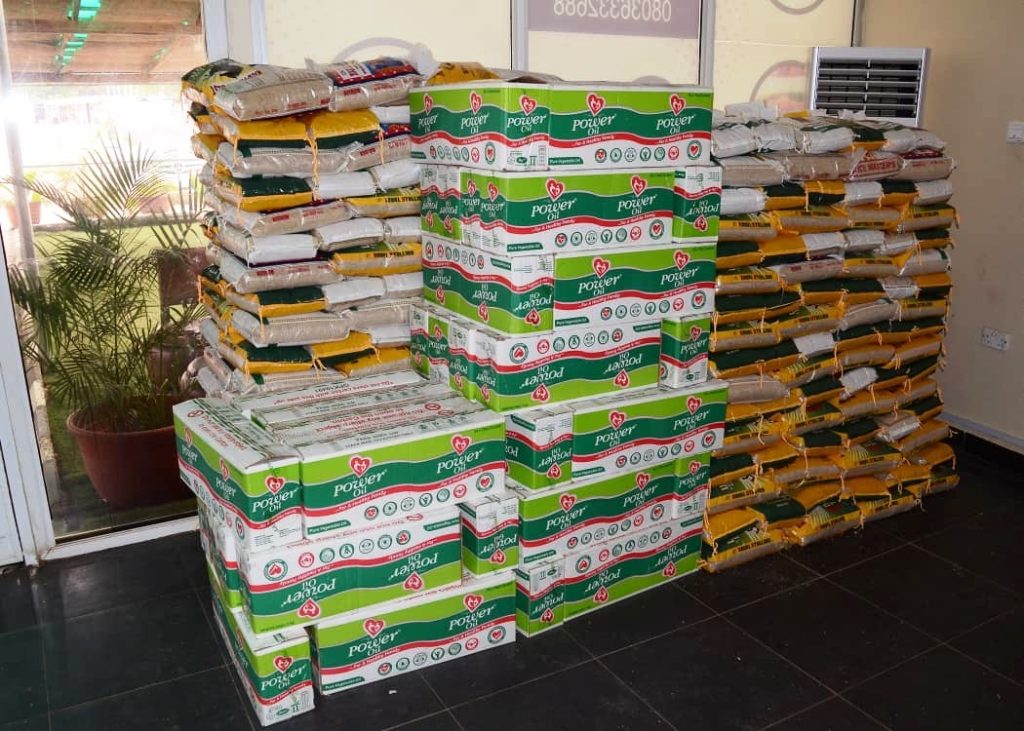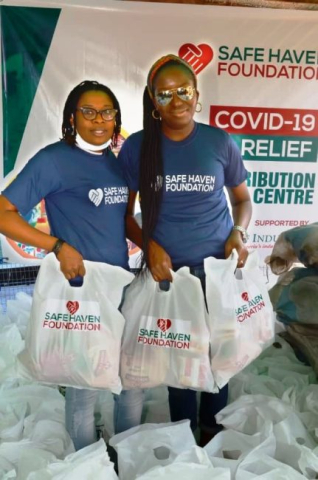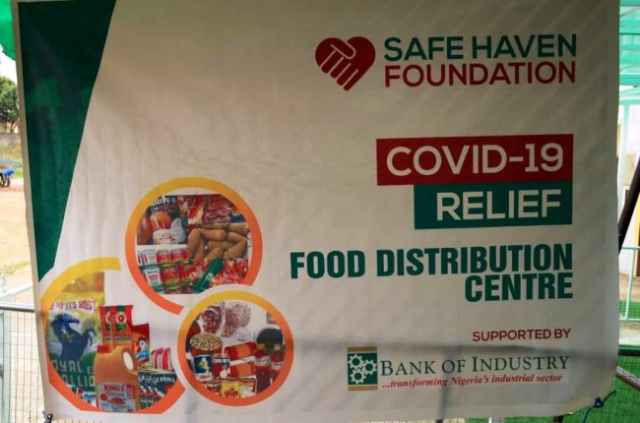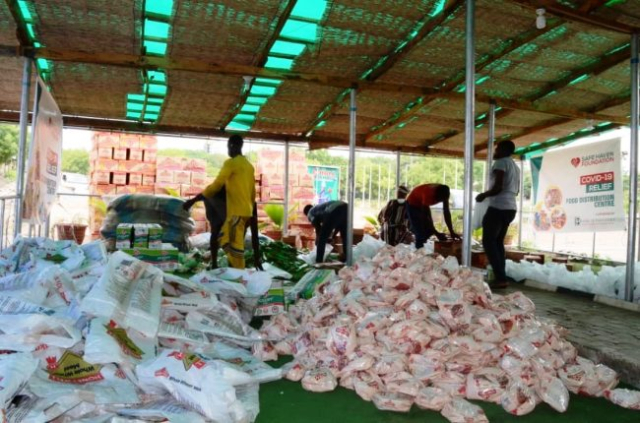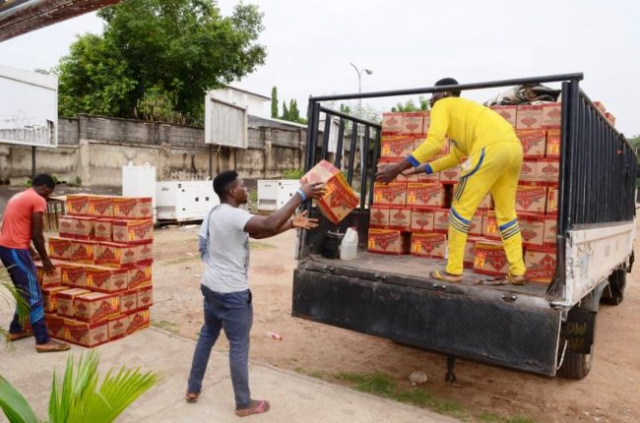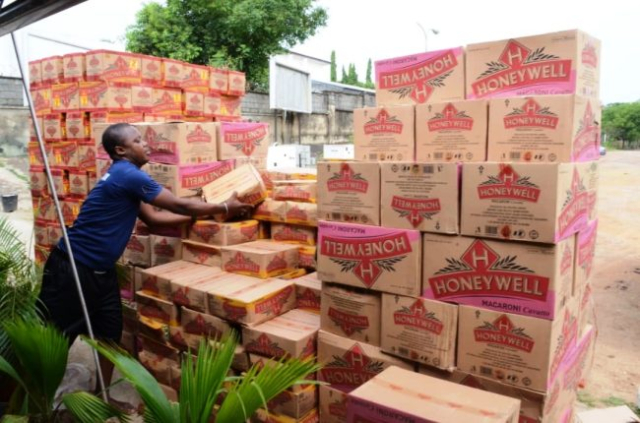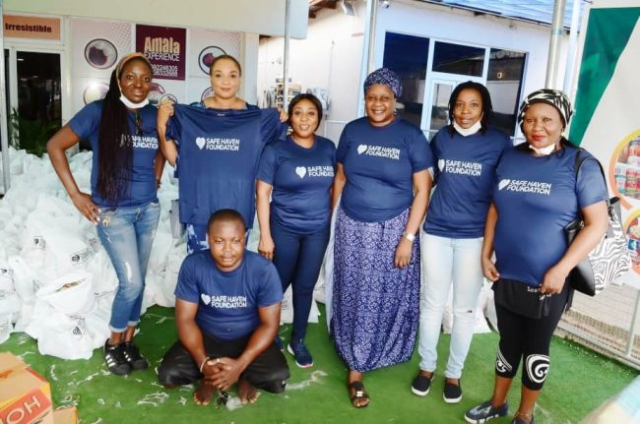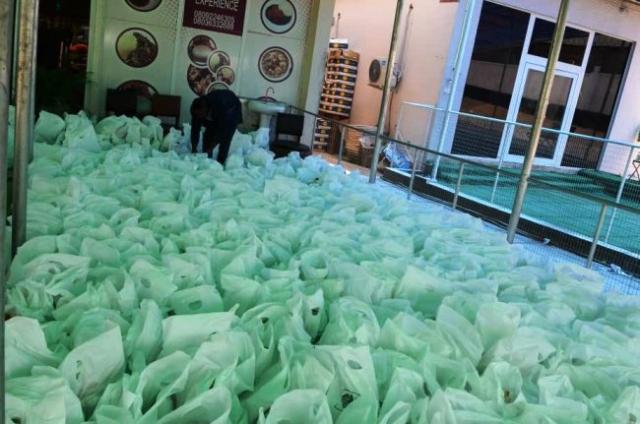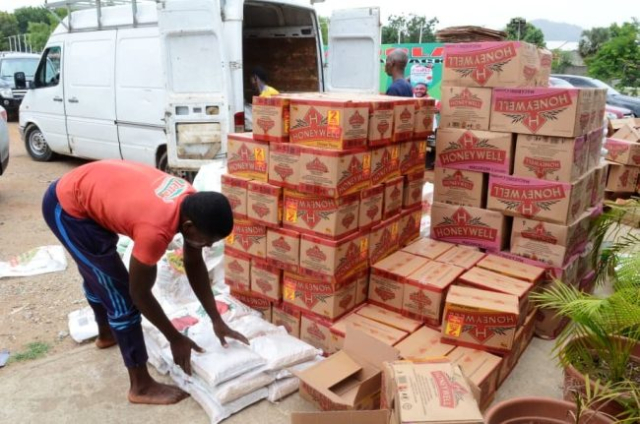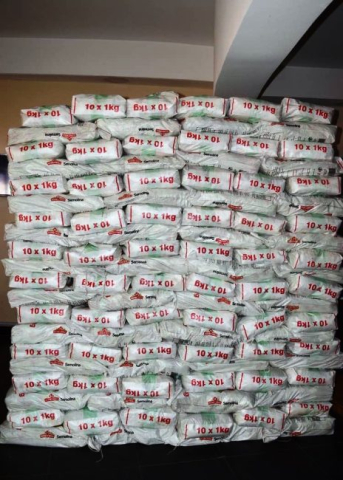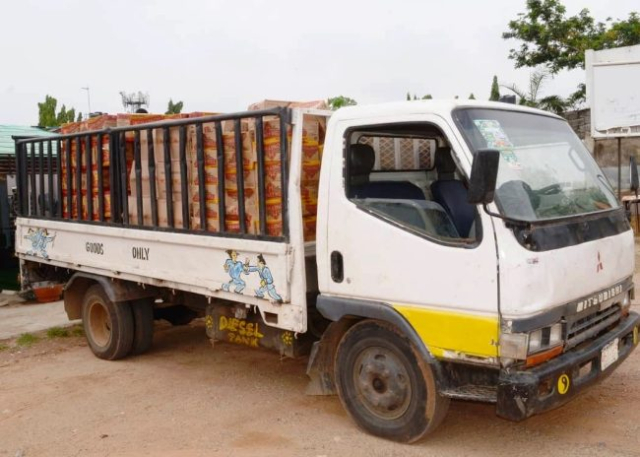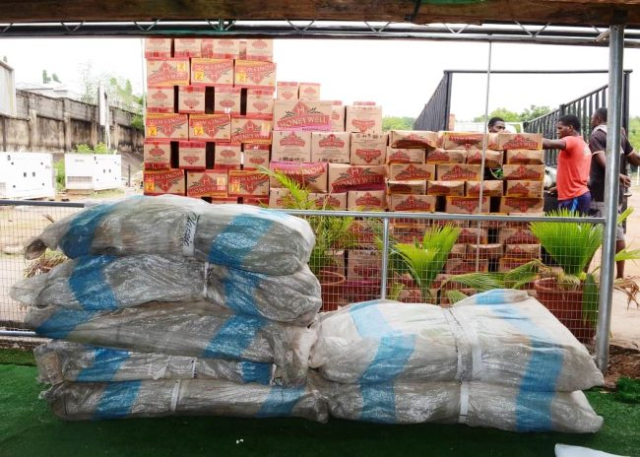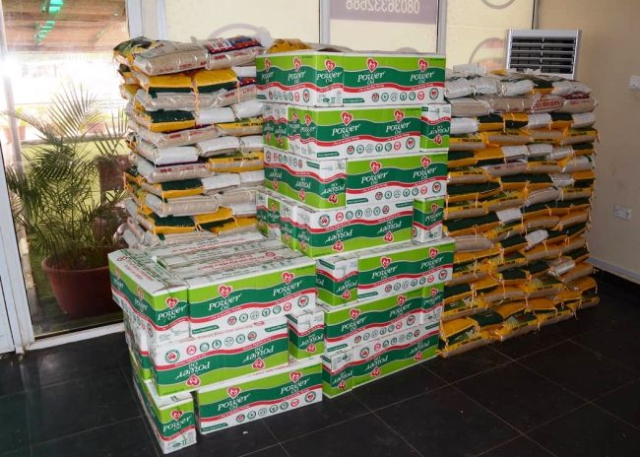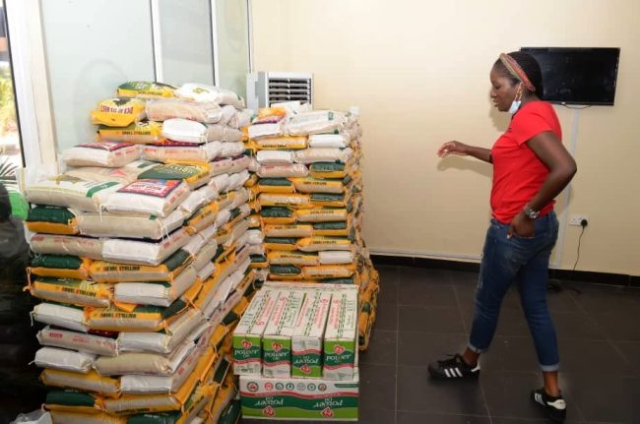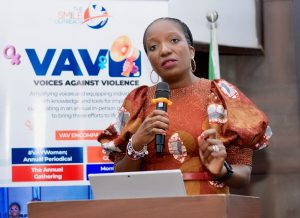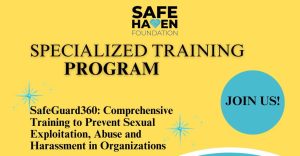The COVID-19 pandemic stands as one of the most significant health crises the world has faced in the past century. This unprecedented event, like many pandemics before it, found the world unprepared, with countries struggling to contain the virus while also grappling with the fragility of their economies.
In Nigeria, while the spread was contained to an extent, the economic repercussions were deeply felt across the nation due to the nationwide lockdown. The shutdown of factories, markets, trade, and transport has placed a significant strain on both the economy and the government. On March 29, the President announced a total lockdown of Lagos, Abuja, and Ogun States for 14 days, which was subsequently extended for another 14 days on April 14.
The lockdowns have been empirically shown to contribute to rising school dropout rates among girls from low-income families, as well as increases in child marriages, adolescent pregnancies, and gender-based violence. The significant decline in household incomes in Nigeria, and in many economies worldwide, often forces families to make difficult choices—choices that disproportionately disadvantage the girl child.
Recognizing the urgent need to support those most affected by the lockdown, the Safe Haven Foundation (SHF), with generous support from the Bank of Industry, took swift action in April 2020 to provide relief. We distributed essential food items to indigent citizens—the most vulnerable and underserved communities—to help mitigate the economic impact of the lockdown. This initiative brought much-needed relief to about 6,000 families in Abuja and its surrounding areas, making a tangible difference in their lives during an exceptionally challenging time.
This effort was a testament to our commitment to supporting those most in need, especially during crises that threaten not only health but also livelihoods. We are proud of the impact made and remain dedicated to standing with our communities, providing hope and relief when it is needed the most.

